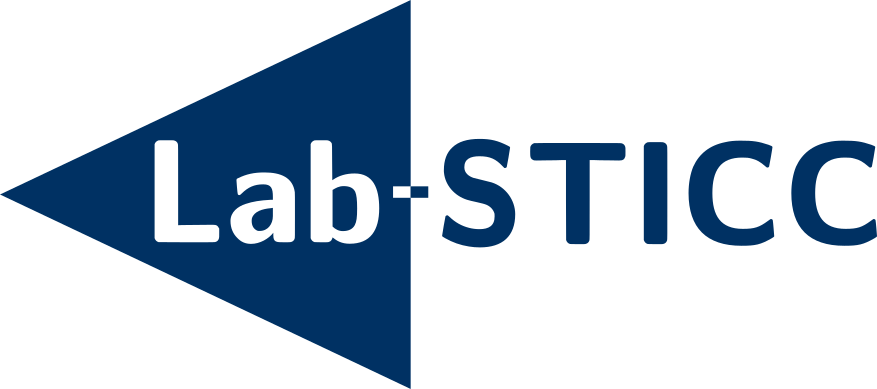10 years of Model Federation with Openflexo: Challenges and Lessons Learned
Résumé
In the context of complex system development, heterogeneous modeling responds to the need to integrate several domains. This need requires the use of the most appropriate formalism and tooling for each domain to be efficient. Model federation promotes the semantic interoperability of heterogeneous models by providing the means to reify correspondences between different model elements, add custom behaviors and bridge the gap between technological spaces. As such, it can be used as an infrastructure to address many different software engineering problems. We have been doing so for over a decade in a tight collaboration between a small software engineering startup and academia. This paper reports on this experience.
Concretely, we discuss the context, ambitions, and challenges that led to the inception of our practice of model federation, and we present five use cases experiences, stemming from real industrial and academic needs, and elaborate on lessons learned. In addition, we also report on challenges and lessons learned regarding the development and maintenance of a model-driven model federation tool, the Openflexo framework. Finally, we set up a road map for the future of model federation and Openflexo.
Fichier principal
 submitted_and_accepted_version-ModelFederationChallengesAndLessonsLearned.pdf (1.22 Mo)
Télécharger le fichier
MODELS24-poster.pdf (11.55 Mo)
Télécharger le fichier
MODELS24-slides.pdf (6.71 Mo)
Télécharger le fichier
submitted_and_accepted_version-ModelFederationChallengesAndLessonsLearned.pdf (1.22 Mo)
Télécharger le fichier
MODELS24-poster.pdf (11.55 Mo)
Télécharger le fichier
MODELS24-slides.pdf (6.71 Mo)
Télécharger le fichier



